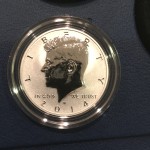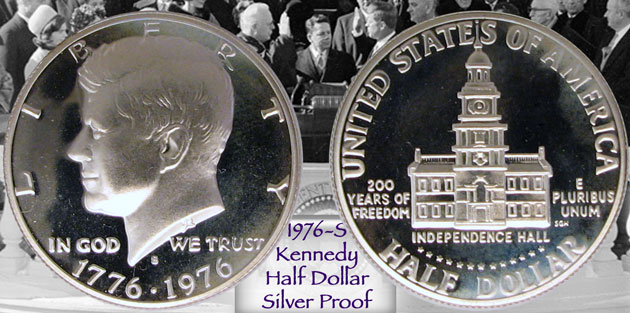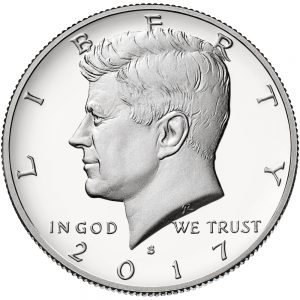 John Fitzgerald Kennedy was the second son of Joe and Rose Kennedy. Born on May 29, 1917 in Brookline, Massachusetts, Jack, as he was known to family and friends, was born of privilege and lead that life being able to travel the world in his younger days. It also helped that his father was named Ambassador to the Court of St. James (London).
John Fitzgerald Kennedy was the second son of Joe and Rose Kennedy. Born on May 29, 1917 in Brookline, Massachusetts, Jack, as he was known to family and friends, was born of privilege and lead that life being able to travel the world in his younger days. It also helped that his father was named Ambassador to the Court of St. James (London).
He used his experience to better understand the plight of people and majored in government at Harvard College. For his honors thesis, Kennedy toured the Soviet Union, the Balkans, and the Middle East to research different political philosophies. He later was in Germany when the German Army invaded Poland marking the beginning of World War II. With his father still in London, they attended the House of Commons supporting the declaration of war on Germany.
On his return to the United States, Kennedy tried to enter the Army’s Officer Candidate School but was medically ineligible because of chronic lower back problems. He used his family’s connections to join the U.S. Naval Reserves. During World War II, he famously commanded PT-109.
Following the death of his elder brother in 1944, Kennedy was tapped by his father to run for office. Kennedy won his first election in 1946 to serve two terms in the House. In 1952, Kennedy ran for the Senate against three-term incumbent Henry Cabot Lodge Jr. The popularity of Dwight Eisenhower running for the president did not help Lodge as Kennedy was able to win by 70,000 votes.
While trying to overcome the “Catholic question,” Kennedy his opponent, Richard Nixon, held three debates. Although not much is said about the last two debates, the first one was historic. Kennedy used makeup and appeared cool and presidential. Nixon looked nervous, sweaty, and his five o’clock shadow did not help. When the debate was over, those watching on television thought Kennedy won while those listening on radio thought Nixon won. It was a fascinating use of new media and set the tone for presidential races to come.
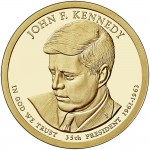 Kennedy won the 1960 election by two-tenths of the popular vote and exceeded the Electoral College by a 303-219 margin even though 14 electors from Alabama and Mississippi refused to support him because of his stance on civil rights. Kennedy became the youngest person ever elected president.
Kennedy won the 1960 election by two-tenths of the popular vote and exceeded the Electoral College by a 303-219 margin even though 14 electors from Alabama and Mississippi refused to support him because of his stance on civil rights. Kennedy became the youngest person ever elected president.
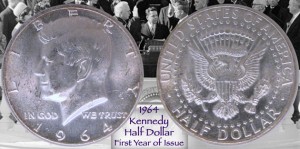 There were a lot of accomplishments and difficulties during the term of the 35th president that there are too many to highlight here. But one that is significant in the current numismatic world was the speech he made at Rice University in support of the space program. At the time Kennedy was pushing for the funding to enter the space race, Congress was skeptical over spending the money. His impassioned speech to the students at Rice as well as several others around the nation helped gain public support. Congress eventually funded the space program.
There were a lot of accomplishments and difficulties during the term of the 35th president that there are too many to highlight here. But one that is significant in the current numismatic world was the speech he made at Rice University in support of the space program. At the time Kennedy was pushing for the funding to enter the space race, Congress was skeptical over spending the money. His impassioned speech to the students at Rice as well as several others around the nation helped gain public support. Congress eventually funded the space program.
In 2019, we will be celebrating the 50th anniversary of making it to the moon by the end of that decade with the Apollo 11 Commemorative Coin program. Phase One of the competition ends on June 29, 2017, or until 1,000 entries are received. Visit the U.S. Mint’s competition page for more information.
Would the United States have made it to the moon by the end of the 1960s and beaten the Russians there without Kennedy? We may not be able to answer that question but we do know he set the policies that will allow for the celebration in two years.
Happy 100th Birthday to President John F. Kennedy.
- 2017 Kennedy Half Dollar and 2015 Kennedy Dollar images courtesy of the U.S. Mint.
- All other images are property of the author.
